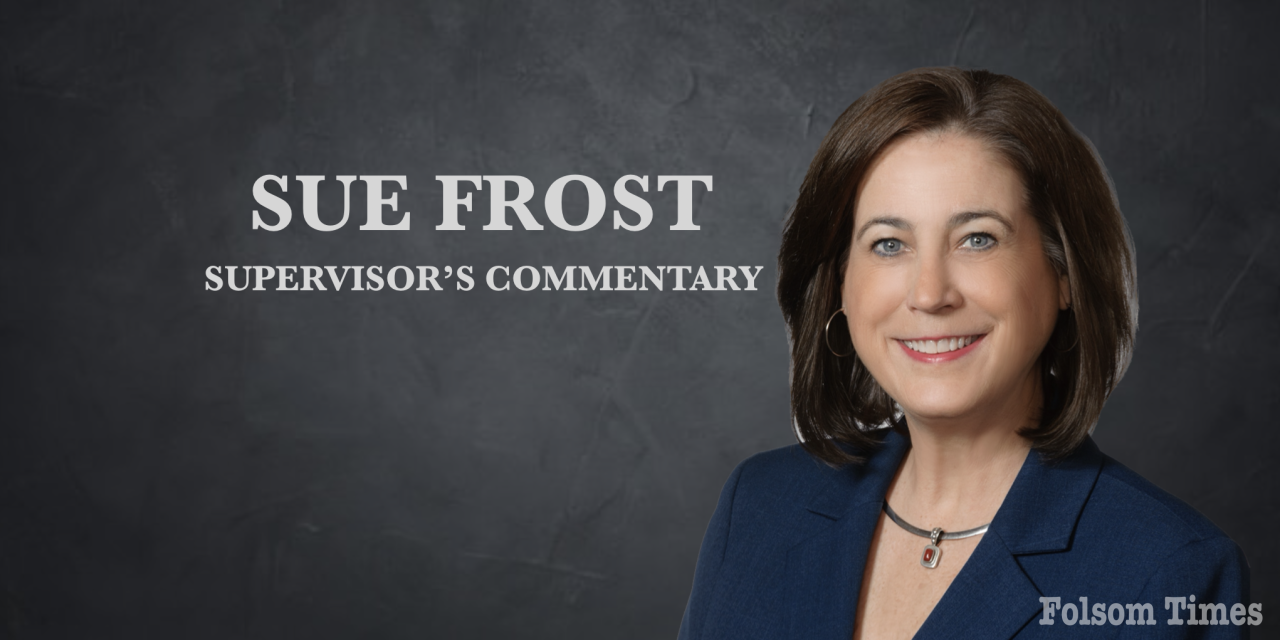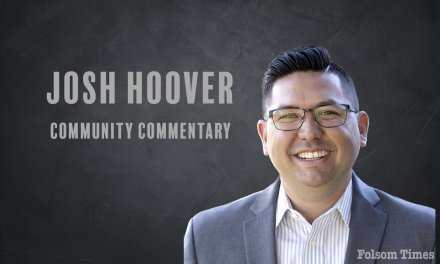We’ve just wrapped up the 2024 Point-In-Time Count in Sacramento, a vital snapshot of homelessness in our community. Conducted on a single night in January, this count provides a clear picture of both sheltered and unsheltered individuals facing homelessness, as mandated by the U.S. Department of Housing and Urban Development. The latest findings underscore a troubling trend: Sacramento County is witnessing a dramatic rise in homelessness, with the 2022 count revealing nearly 9,278 people without homes in one night, a 67% surge from 2019 and the highest figure on record, translating to 59 out of every 10,000 residents.
The issue of homelessness is more visible and pressing than ever, with encampments and individuals in need becoming a common sight. Legal rulings, such as the Martin v. Boise decision by the 9th Circuit Court, have tied our hands in some respects, preventing us from taking punitive measures against homelessness when there aren’t enough shelter options available. This limitation was felt even more acutely during the pandemic, constraining our ability to manage and maintain public spaces.
Addressing homelessness goes beyond just providing roofs over heads. The journey to permanent housing starts with temporary shelters and outreach programs designed to build connections and guide individuals to necessary services. The complexity deepens when considering those in our community struggling with mental health and substance abuse issues, who might lose their belongings, be unaware of their situation due to conditions like anosognosia, endure the difficulties of outdoor living, or become victims of crime.
Despite these challenges, there’s a ray of hope with new legislative initiatives such as AB2417, introduced by Assembly members Hoover and Patterson. This bill advocates for a “Beyond Housing” approach, understanding the complex needs of the homeless population and emphasizing the need for mental health and substance abuse treatment. It aims to address the underlying issues of homelessness, not just the surface problems. This move is a response to the limitations of the “Housing First” model, which hasn’t fully tackled the root causes of homelessness, leaving many without crucial services.
In the County, especially in the unincorporated areas in my district, we’re taking proactive steps to address these issues. Our comprehensive strategy includes Navigator outreach, Park Rangers, Sheriff’s Homeless Outreach Teams, and clean-up operations. These programs are not only about engagement but also about assessing needs, ensuring safety, and facilitating access to crucial resources. Sheriff Cooper’s approach to law enforcement, which calls for the consistent enforcement of laws, mirrors our commitment to a compassionate yet effective response.
Taxpayers deserve better. Residents of Sacramento County and the City shouldn’t have to deal with illegal encampments every day. More importantly, everyone deserves a chance at a stable and secure future.
Thank you for Reading – and as always if you want to contact me, call me at 916-874-5491, or e-mail me at SupervisorFrost@saccounty.gov. Sacramento County Supervisor Sue Frost represents the 4th District, which includes the communities of Citrus Heights, Folsom, Orangevale, Antelope, North Highlands, Rio Linda, Elverta, and Rancho Murieta.




